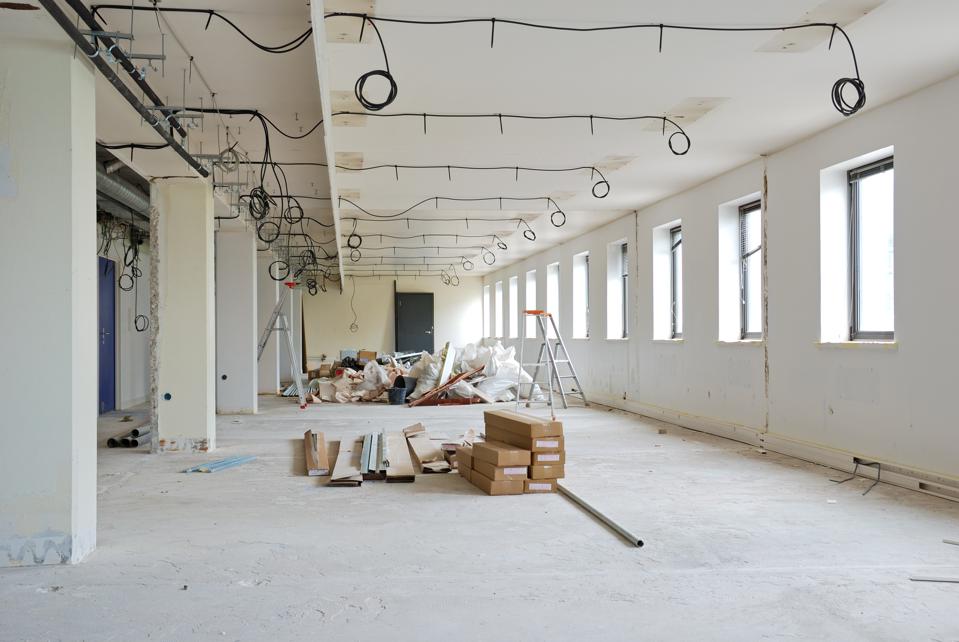Published by Forbes.com | November 2, 2022
The Fed’s push for a recession so far hasn’t torpedoed commercial real estate although there are signs of weakness and some worries about an “apocalypse.”
The Federal Reserve’s announcement of another 0.75 percentage point interest rate increase continues the central bank’s grim war with inflation. Higher rates are doing damage across the economy, which has never stabilized after the Covid-19 shock. But commercial real estate, vital to cities’ economic and fiscal well-being, hasn’t taken a big hit—yet.
Ever-higher interest rates are slowing the economy, and if the Fed keeps this up, it will induce a recession (which seems to be its goal). Although some detected a softening in Chairman Jay Powell’s remarks on today’s rate hike, stock markets dropped sharply in reaction to Powell saying it was “premature” to consider suspending increases, saying “we have a ways to go.” That doesn’t bode well for the economy, or for jobs and demand, or for commercial real estate.
Cities and urban experts are especially worried about the impact on commercial real estate, which still has not recovered from the Covid-19 pandemic. That induced a rise in working from home (WFH) and a parallel drop in office occupancy, and there are signs those impacts are becoming somewhat permanent. The much-watched Kastle Office Occupancy barometer, measuring keycard swipes in ten major real estate markets, has been trending slowly upward, but the ten-city average still hasn’t broken 50%.
The Fed is reacting to continuing high inflation, even though many economists argue inflation is being driven by factors outside the Fed’s control, including food and energy price hikes caused by Russia’s aggressive war in Ukraine.
The Fed-induced slowdown has put downward pressure on office building rents and also thrown a shadow over future office construction. Cities depend on office work to provide jobs, both directly and for lower-paid workers who provide services like restaurants, security, and cleaning. The office sector also pays taxes, rents to landlords, and interest payments to banks.
These pressures on commercial offices worry many observers. Some scholars predict a commercial real estate “apocalypse,” seeing downward pressure on real estate values, and cheaper and shorter-term leases reflecting reduced demand as landlords scramble for tenants.


